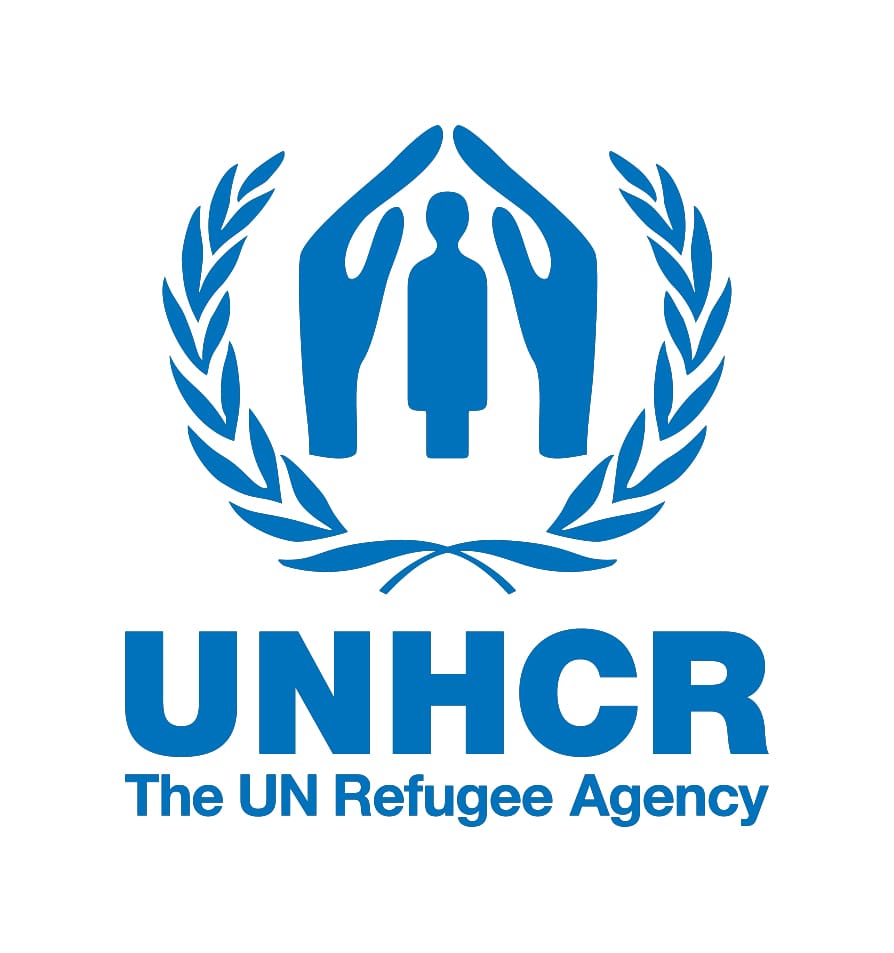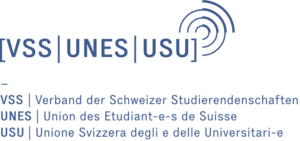The Students at Risk (StAR) program supports students whose right to education is denied or severely hindered in their country of origin or residence by providing them with a scholarship in Switzerland.
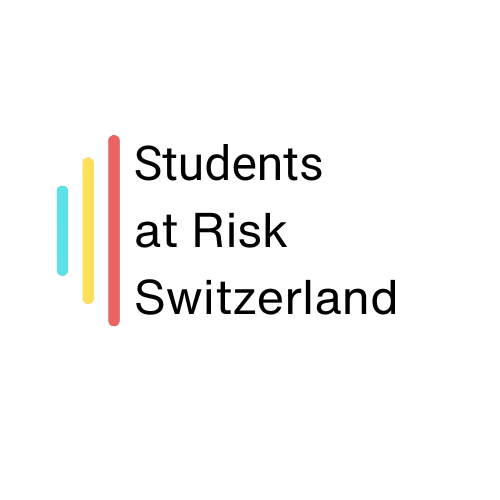
The Students at Risk (StAR) program aims to offer at-risk students worldwide, whose right to education is denied or severely hindered in their country of origin or residence, an opportunity to begin or complete their studies in Switzerland. The idea of StAR was initiated in 2012 in Norway by two student organizations, SAIH and NSO. Germany followed in 2021 with the „Hilde Domin-Programm“, a similar initiative.
With the project of the Swiss Student Union (VSS-UNES-USO), Switzerland now also contributes to the international freedom of education and research. It complements the existing „Scholars at Risk“ project, which focuses on postdoctoral scholars. The operational phase of the pilot project started in January 2025 and will last until 2027. During this period, the first students are expected to start or complete their studies in Switzerland through the StAR program.
For at-risk students, the StAR program aims to create a safe environment enabling them to complete their studies and exercise their right to education. With a university degree and an international network, students are well-prepared for their professional future and can contribute significantly to the society of their country of origin.
Applications for the next two StAR scholarships can be submitted until December 15, 2025.
Candidates must meet the following cumulative criteria to be eligible for a StAR scholarship:
- Student: Candidates must be prospective students (bachelor’s or master’s level) or doctoral candidates [1].
- At Risk: Candidates face endangerment or an inability to pursue studies in their country of origin or residence:
- Due to advocacy for fundamental or human rights,
- Due to belonging to a marginalized group, or
- Due to other external factors that de facto make it impossible or extremely difficult to complete their studies safely.
[1] By ‘prospective students’ we mean applicants who need to provide educational certificates in order to begin a Bachelor’s, Master’s, or Doctoral degree, and who therefore must meet the respective admission requirements of Swiss higher education institutions.
Complete applications will be forwarded confidentially to independent experts from the fields of higher education, migration, and human rights. A selection committee will review each application individually and decide on the awarding of scholarships. Prioritization is based on the risk situation (70% weighting) and practical issues relating to university admission and visa acquisition (30% weighting). Even after selection, the actual payment of the scholarship is still linked to admission to a Swiss university and the possibility to enter Switzerland legally. Experts take the following points into account during the selection process:
- Urgency analysis: The individual risk situation is analyzed. This assessment takes into account whether the person is facing an acute threat, such as political repression, violence, or structural exclusion in their country or origin or residence. A lack of, or limited, educational opportunities is a central element of the urgency analysis.
- Deliberate exclusion from education: An assessment is made as to whether the person has been deliberately excluded from access to education, whether due to political, gender-specific, ethnic, or other discriminatory structures.
- Multidimensional risk: Categories of discrimination such as age, gender, sexual orientation, or disability can further increase vulnerability. These intersectional aspects are taken into account when assessing the need for protection.
- Coherence of the study plan: The decisive factor is whether the desired educational goal is formulated in a comprehensible manner and is realistically achievable. This includes the planned field of study, language skills, academic background (e.g., diplomas already obtained), and the overall consistency of the study plan.
- Visa: Relevant factors such as marital status, family members, previous visa applications, and possible risks/opportunities associated with visa issuance are taken into account. Plans for the future are also evaluated in this context.
- Support network: Since VSS-UNES can only provide students with limited advice and support when leaving the country or applying for a visa due to capacity constraints, existing social or institutional networks, both in the country of origin or residence and in Switzerland, are taken into account with regard to potential social, logistical, or financial support.
Students can either apply directly to the VSS-UNES or be nominated for a scholarship by humanitarian or educational institutions. These must be legally recognized organizations based in Switzerland, such as international organizations, universities, NGOs, or associations..
The documents should be submitted in a single PDF file. A list of the documents required for an application is provided here.
The deadline for applications is December 15, 2025. The goal is to enable at least two people to study in Switzerland starting in the fall semester of 2026.
Only complete applications submitted within the deadline will be considered. If you have any questions about the StAR application, please consult our practical tips and the FAQ (under “further resources”) or contact the StAR project manager.
Interested students or nominating institutions send the applications by email to the Students At Risk project manager.
Contact: studentsatrisk@vss-unes.ch
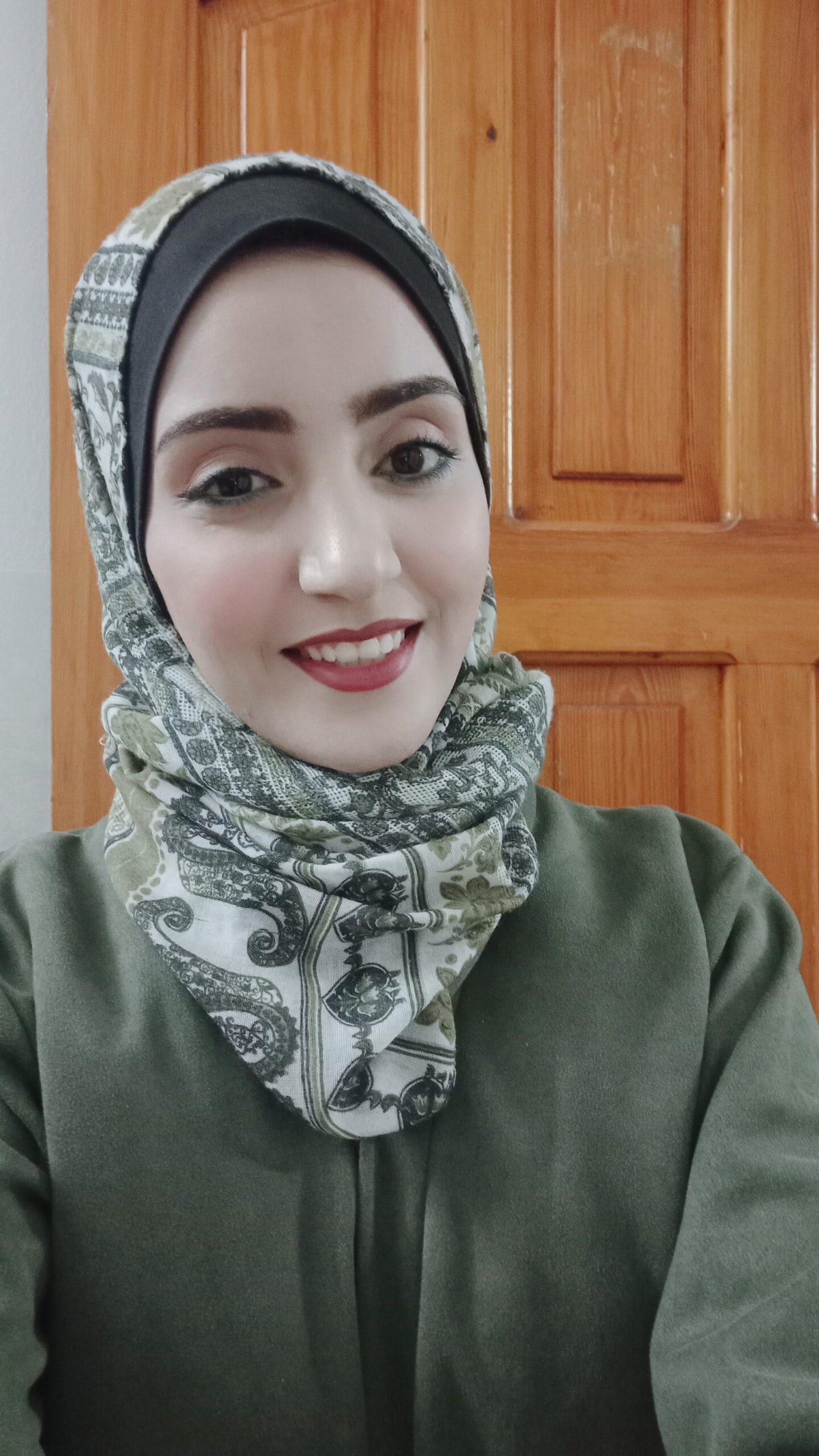
Kholoud Dawood is our scholarship holder from Gaza. Thanks to StAR, she is pursuing her Master’s degree in Translation (English–Arabic) at the « Faculté de traduction et d’interprétation » (FTI) of the University of Geneva starting in September 2025.
In addition to her studies, Kholoud Dawood writes literary texts. One of her texts is about her departure from Gaza and her desire to return after completing her studies.
Gaza City exhales, sorrow heavy in its tone.
“You speak of leaving, but I fear being left alone. So many have gone. My streets are empty, my laughter fades. Will you return?”
A single tear slips down her cheek. She wipes it away quickly, as if ashamed of weakness.
“How could I not? My heart beats with your pulse. Even if my body crosses borders, my soul stays with you. But I need to go. I need to see a world where hospitals have medicine, where the sky isn’t a constant threat, where a degree isn’t a privilege but a right. And then, I’ll bring it all back. I promise.”
Full text: Inner conflit.

by Andy Art fromPixabay
Myo Min Htwe is our StAR fellow from Myanmar. Thanks to the program, he pursues his PhD in Environmental Sciences at the “Faculté des géosciences et de l’environnement” of the University of Lausanne starting in September 2025.
Myo has extensive work experiences in the field of renewable energy access and technologies. He worked in research and practice sectors. He has worked on projects in India, Thailand, and Myanmar, contributing to energy modelling, solar electrification, and sustainability initiatives. Currently, he collaborates with international NGOs on post- earthquake rehabilitation projects in the Sagaing and Mandalay regions of Myanmar, focusing on providing energy solutions to disasters-affected communities.
Through his PhD studies, he aims to deepen his understanding of the social and political dimensions of energy with a focus on North–South comparative studies. Drawing on his field experience in the Global South, he wants to conduct research that is rigorous and applicable to real-world challenges.
“My wish is simple: to see a Myanmar where clean energy reaches every city and village, where education is a right, not a privilege, and where young people see opportunity instead of limitation.”
Partners
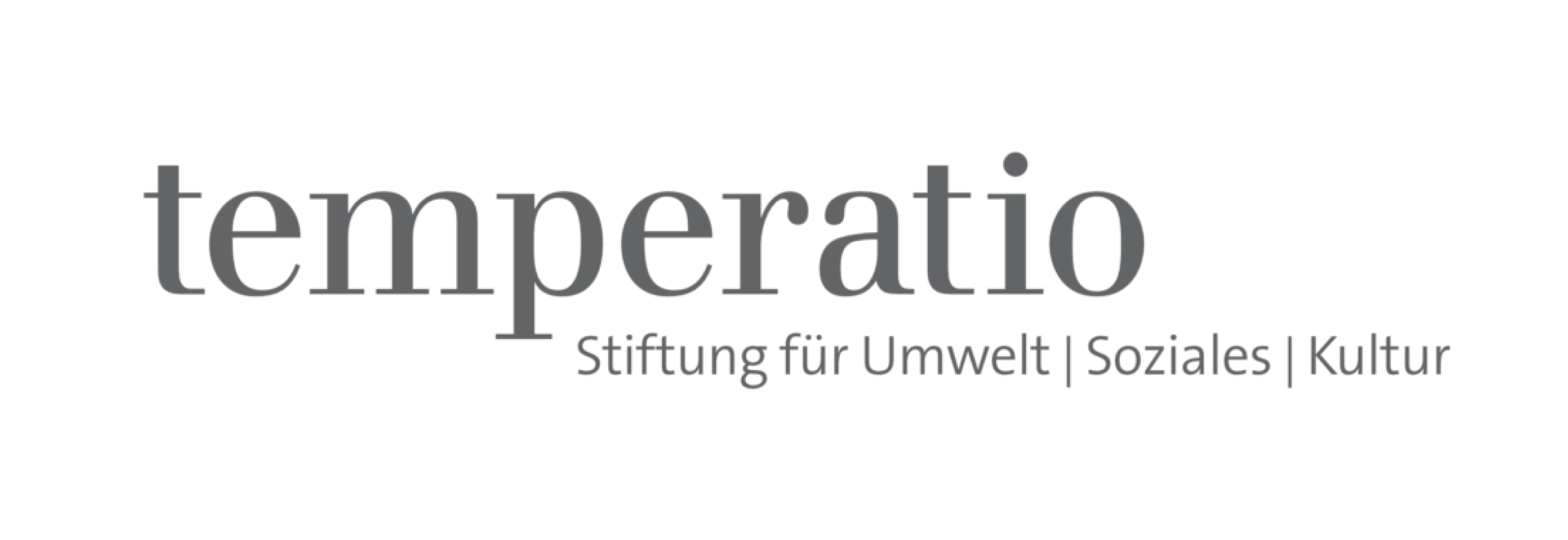

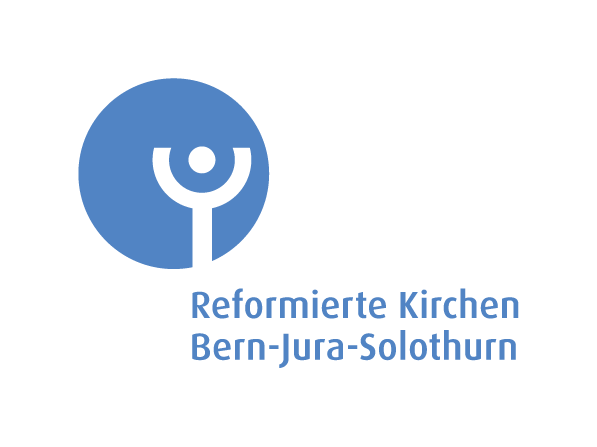

Support
Would you like to support the project financially? Please contact us through the above-mentioned contact address. We are happy about any contribution.
Contact
Project Manager Students at Risk:
Leonie Mugglin
studentsatrisk@vss-unes.ch

